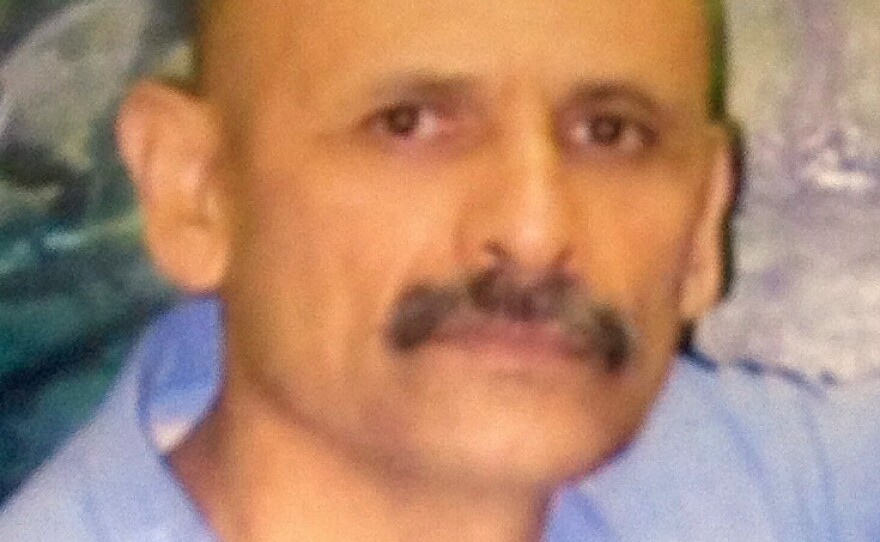Under California's newly reformed three strikes law, thousands of nonviolent inmates serving 25-years-to-life sentences are eligible for re-sentencing.
Sergio Ayala will soon obtain freedom after serving 17 years in prison. His third offense -- stealing a leaf blower -- netted him a 25-years-to-life sentence under the old law.
However, Ayala was re-sentenced Thursday by Superior Court Judge John M. Thompson to six years. That means release is imminent for the 55-year-old inmate.
Currently, more than 4,000 inmates in the state are serving 25-to-life sentences for nonviolent offenses. Proposition 36, passed this Election Day, revised the law.
Now, life sentences will be imposed only if the third strike was for a violent felony crime. Nonviolent offenders in prison can also petition for new sentences and release.
Michael Romano, director of the Stanford Law School's Three Strikes Project, estimates 3,000 California prisoners will be eligible for re-sentencing.
Former state prosecutor Gary Schons estimates that about 325 San Diego inmates are eligible for re-sentencing. "Given that number, we would expect to see 400-500 petitions over the next year or so," he said.
In San Diego, 36 petitions have already been filed, San Diego Deputy District Attorney Lisa Rodriguez said. As of yesterday, two of those have already been granted.

On November 21, 2012, Kevin Corley, age 62, became the first three strikes inmate re-sentenced in accordance with Proposition 36. Corley served 16 years of a 25-year sentence for a nonviolent drug offense.
Ayala had also struggled with drugs. He spent years addicted to heroin. The conviction that landed him behind bars was for the theft of a leaf blower from the back of a pickup truck in January 1995.
Since then, he's been in prison.

Justin Brooks, a professor at California Western School of Law, is Ayala's lawyer.
"Many people were sentenced under the three strikes law when it was passed in the 90's, and some of those sentences were dramatically severe," he said. "This is one of those cases today."
Brooks said it was a pleasure to go to prison to tell Ayala that his case had been identified as eligible for re-sentencing.
"He just put his head down, and started crying," he said. "Here's a guy who had given up hope. And he had figured he was spending the rest of his life in prison."
Instead, Ayala will be released -- and deported.
Because he was a legal resident and not a U.S citizen when convicted, Ayala will be deported to Mexico. His lawyers say family and a new job as a mechanic await him there.







